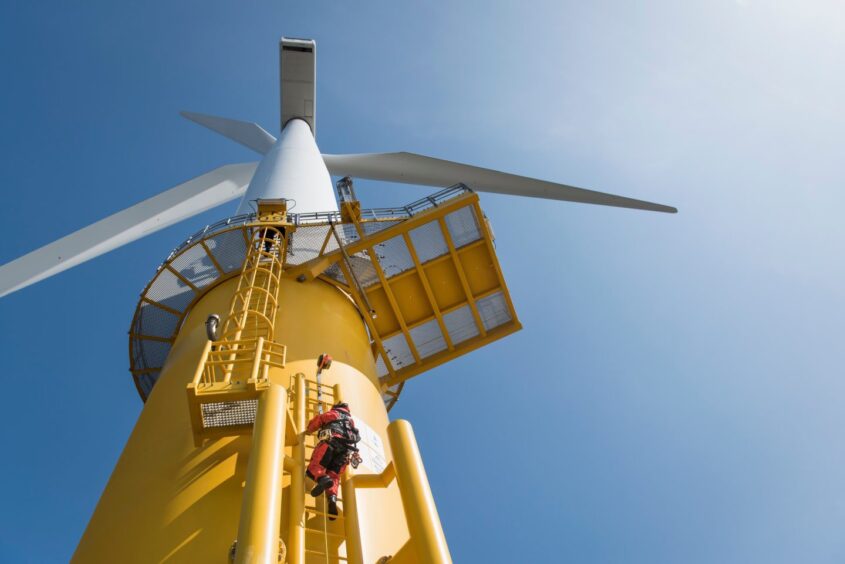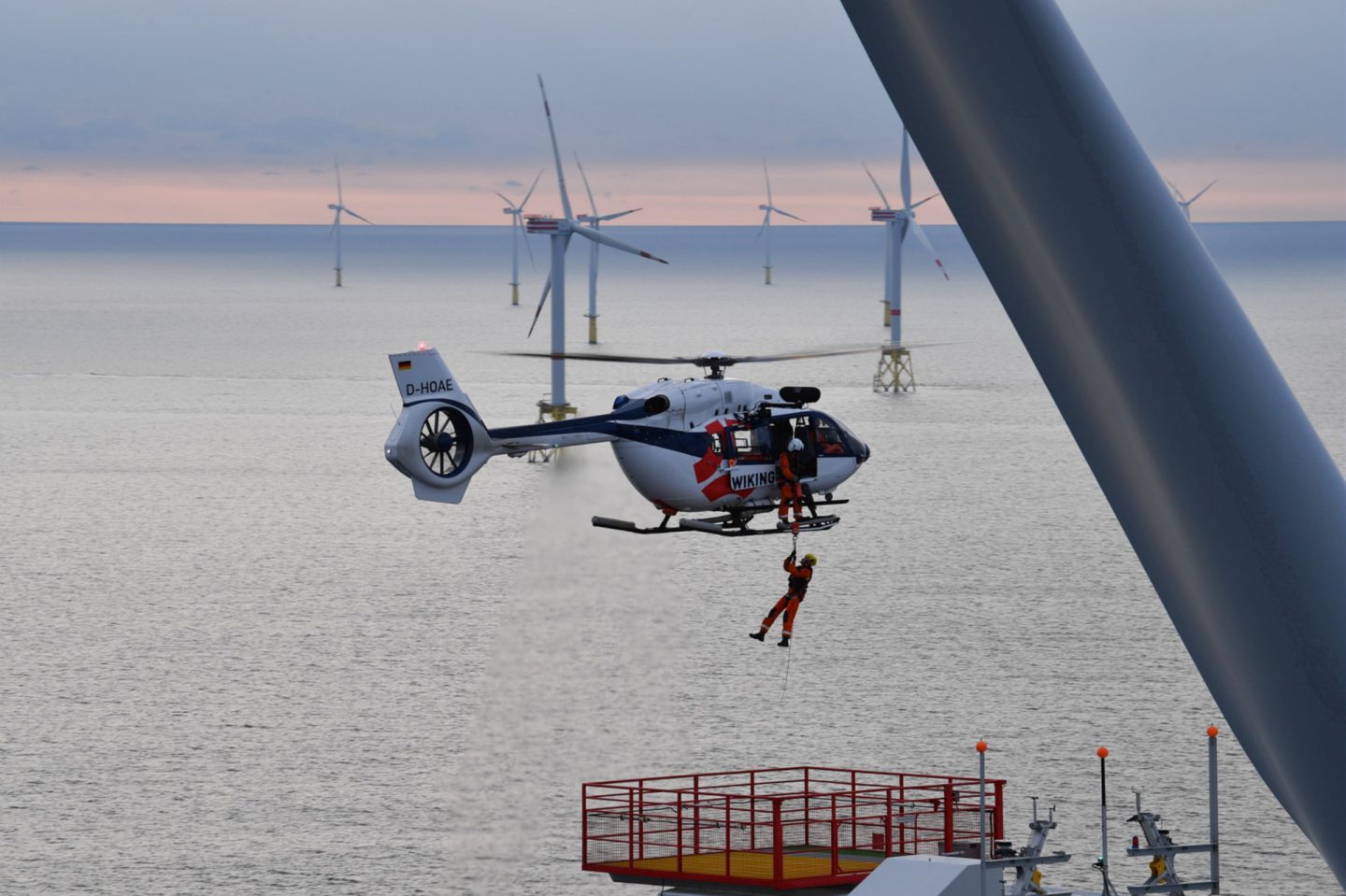
Safety incidents in the global offshore wind sector nearly doubled between 2022 and 2023, according to data released today.
The report from global offshore wind health and safety organisation G+ recorded a total of 1,679 incidents worldwide in 2023, up from the 867 recorded in 2022. This represented a 94% increase.
In the UK, there 502 recorded incidents in 2023, up from 348 last year.
The G+ report follows a recent study from the University of Strathclyde which found the offshore wind sector has an injury rate four times higher than offshore oil and gas.
The report recorded 65 lost work day injuries, 70 medical treatment injuries, 33 restricted work day injuries and 31 injuries requiring emergency response and medical evacuation.
Globally, the offshore wind sector also recorded one fatality in 2023, which occurred during onshore turbine assembly in France.
Injury rates remain ‘broadly steady’
Despite the increase in incidents, the G+ report found injury rates remained “broadly steady” compared to previous years, representing a “mixed picture as the industry grows”.
G+ said the overall increase seen in 2023 was partly driven by additional hours worked across the sector.
In the past year, G+ members reported a record 61.9 million hours worked, a 39% increase from 2022, reflecting a significant ramp-up in offshore wind construction globally.
Of the 1,679 incidents reported, 1,049 occurred on construction sites, while 560 happened at operating wind farms.
The top three work processes recording the most incidents were lifting operations (207), vessel operations including jack-ups and barges (169) and routine maintenance (109).
The total recordable injury rate (TRIR) fell by 3% in 2023, while the sector’s lost time injury frequency (LTIF) increased by the same margin.
High potential incidents, which pose the greatest likelihood of serious harm, saw a “substantial decline” in 2023, falling from 26% of total incidents in 2022 to 11%.
Medical treatment injuries rose 59% over 2023 to 70 incidents, however when considering the number per million hours worked the rate increased by a more moderate 15%.
In the UK, there were 47 high potential incidents, including 19 medical treatment injuries and three requiring emergency response.
Overall, G+ said the 2023 figures show a “mixed picture as the industry grows”, with improvements in some areas and a decrease in others.
G+ said the change in figures is “likely due to the increase in projects entering the construction phase” and called for firms to “remain vigilant” as major projects get underway.
Substations, service vessels and onshore assembly
The report highlighted three areas which saw a substantial increase in reported safety incidents: onshore and offshore substations, service operation vessels, and onshore turbine assembly.
Non-hazard incidents related to substations more than doubled from 35 incidents in 2022 to 79 in 2023, while incidents related to service vessels during construction more than tripled from 35 to 139.
Meanwhile, incidents from onshore turbine assembly activities rose by 75%, with 56 recorded in 2023.
G+ said it is working in collaboration with the International Marine Contractors Association to reduce incidents in these areas.
This collaboration follows on from previous joint-work on boat landings, immersion suits and gangway operations.
Offshore wind sector has ‘room for improvement’
Energy Institute chief executive Dr Nick Wayth said: “The Incident Data report shows we cannot be complacent when it comes to mitigating health and safety risks at every stage of project development.”
Writing in the report, G+ chairman and head of health and safety at SSE Renewables David Griffiths said there is “still room for improvement” within the industry.
“While a headline increase in total recorded incidents is cause for concern, G+ has redoubled its efforts to engage frontline workers and mitigate hazards on site, and I’m pleased to see a genuine step change in the reporting culture across several key metrics,” Mr Griffiths said.
“From governments to trade organisations to frontline workers, everybody has a part to play.”
Based at the Energy Institute in London, G+ members include major global offshore wind operators and wind turbine manufacturers BP, Equinor, TotalEnergies, SSE and Siemens Gamesa among others.
Recommended for you


 © SYSTEM
© SYSTEM © Image: Bluestream Offshore
© Image: Bluestream Offshore